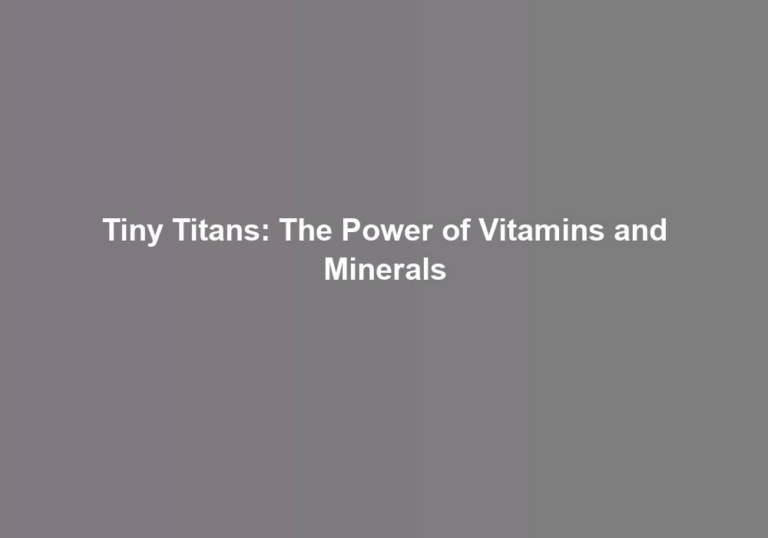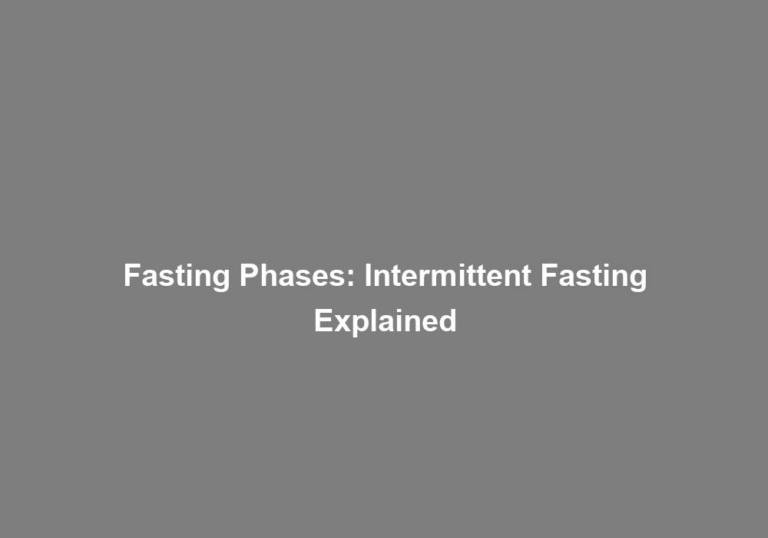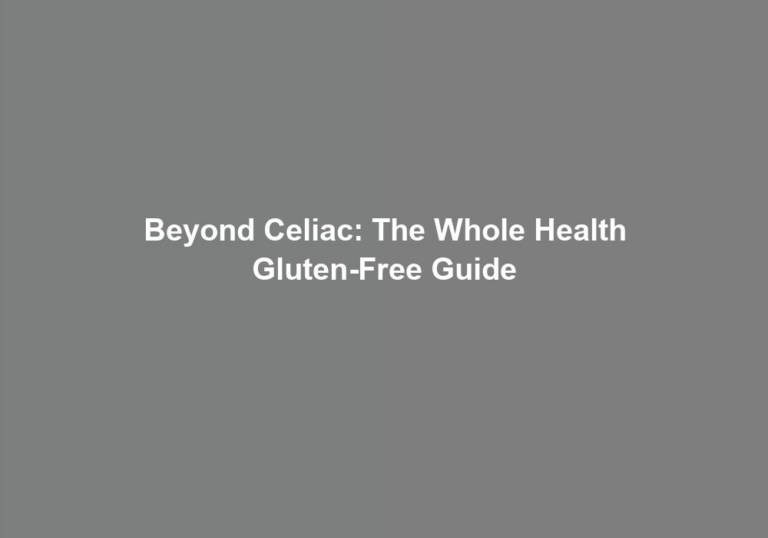From Paleo to Keto: Analyzing Diet Efficacy
Imagine standing at the edge of a lush, vibrant forest, with the sun casting dappled shadows on the ground and the air rich with the scent of earth and greenery. Now, picture yourself navigating through this dense thicket, attempting to find the most effective path toward improved health and well-being. As you consider the multitude of diet options available, the Paleo and Keto diets emerge as compelling choices, each with its own set of promises and challenges. But which one truly delivers on its claims? Join us as we embark on a journey of exploration and analysis, unraveling the efficacy of these popular dietary approaches and shedding light on their impact on your body and lifestyle.
Origins of Paleo and Keto Diets
The origins of the Paleo and Keto diets can be traced back to their emphasis on natural, whole foods and their potential health benefits. The Paleo diet, inspired by the way our hunter-gatherer ancestors ate, centers around consuming lean meats, fish, fruits, vegetables, nuts, and seeds while excluding processed foods, grains, and dairy. This approach aims to mimic the diet of early humans, believing it to be more in tune with our genetic makeup. On the other hand, the Keto diet, born out of the low-carb revolution, focuses on drastically reducing carbohydrate intake and replacing it with healthy fats, putting the body into a state of ketosis where it burns fat for fuel. Both diets have gained attention for their potential health benefits, including weight loss, improved blood sugar control, and enhanced energy levels.
Research has shown that the Paleo diet, by promoting the consumption of whole, nutrient-dense foods, may help reduce the risk of chronic diseases such as heart disease and diabetes. Similarly, the Keto diet has demonstrated effectiveness in weight loss and improving insulin sensitivity. However, itG??s important to note that individual responses to these diets can vary, and long-term effects are still being studied.
As you explore the origins of these diets, itG??s essential to consider their alignment with the principles of whole, natural foods and their potential to contribute to improved health. Understanding the historical context and scientific basis behind these dietary approaches can aid in making informed decisions about their incorporation into your lifestyle.
Nutritional Principles and Guidelines
Have you ever wondered what the key nutritional principles and guidelines are for maintaining a healthy diet? When it comes to maintaining a balanced diet, focusing on nutrient balance and proper meal planning is essential. HereG??s a breakdown of some fundamental nutritional principles and guidelines:
| Nutritional Principle | Guideline |
|---|---|
| Nutrient Balance | Ensure each meal includes a balance of macronutrients (carbohydrates, proteins, and fats) and micronutrients (vitamins and minerals). Aim for variety in food choices to maximize nutrient intake. |
| Portion Control | Practice mindful eating and portion control to manage calorie intake. Use smaller plates, measure serving sizes, and be mindful of portion distortion to prevent overeating. |
| Meal Planning | Plan meals ahead of time to ensure a well-balanced diet. Incorporate a variety of fruits, vegetables, lean proteins, whole grains, and healthy fats. Consider meal prepping to support healthy eating throughout the week. |
| Hydration | Stay adequately hydrated by consuming plenty of water and minimizing sugary or high-calorie beverages. Aim for at least 8-10 cups of water per day and adjust based on individual needs. |
Impact on Weight Loss
Regularly consuming a balanced diet and engaging in physical activity are crucial factors in achieving and maintaining weight loss. When comparing the Paleo and Keto diets, itG??s important to consider their metabolic effects and impact on appetite regulation to understand their efficacy in weight management.
The Paleo diet, rich in lean proteins, fruits, vegetables, and healthy fats, has been shown to have positive metabolic effects. Research suggests that it may lead to improved glucose tolerance and increased insulin sensitivity, which are beneficial for weight management. Additionally, the high protein and fiber content of the Paleo diet can contribute to enhanced appetite regulation, leading to reduced calorie intake and potential weight loss.
On the other hand, the Keto diet, which is high in fats and low in carbohydrates, has profound metabolic effects. By inducing a state of ketosis, where the body utilizes fat for energy, the Keto diet can lead to rapid weight loss, particularly in the initial stages. Furthermore, the high-fat content and ketone production may have a satiating effect, influencing appetite regulation and potentially reducing overall food consumption.
Health Benefits and Risks
Understanding the potential health benefits and risks associated with the Paleo and Keto diets is crucial for making informed decisions about their suitability for your individual needs. Both diets have shown promise in improving certain health markers, but they also come with potential drawbacks.
The Paleo diet, with its focus on whole, unprocessed foods, has been associated with several health benefits. It may lead to improved blood sugar control, weight loss, and reduced risk of heart disease. Additionally, the emphasis on fruits, vegetables, and lean proteins can provide essential nutrients and fiber, supporting overall health.
On the other hand, the Keto dietG??s benefits are primarily centered around weight loss and improved metabolic health. By drastically reducing carbohydrate intake and increasing fat consumption, the body enters a state of ketosis, which has been linked to rapid weight loss and improved insulin sensitivity.
However, both diets have potential drawbacks. The Paleo dietG??s restriction of dairy and grains may lead to decreased intake of calcium and certain B vitamins, unless carefully planned. The Keto diet, while effective for weight loss, can lead to nutrient deficiencies and an increased risk of cardiovascular disease due to the high intake of saturated fats.
ItG??s important to weigh these benefits and drawbacks against your individual health needs and consult with a healthcare professional before making significant dietary changes. Each personG??s response to these diets may vary, and personalized approaches are essential for long-term health and well-being.
Long-Term Sustainability and Practicality
To ensure the long-term sustainability and practicality of any diet, itG??s essential to consider its compatibility with your lifestyle and dietary preferences. Long-term maintenance and dietary flexibility are crucial factors to consider when evaluating the practicality of a diet. Here are some key points to consider:
-
Lifestyle Compatibility: Evaluate whether the diet aligns with your daily routine, work schedule, and social activities. Consider if the diet allows for flexibility when dining out or attending social events, as this can impact your ability to adhere to it over the long term.
-
Dietary Preferences: Take into account your food preferences and cultural background. A sustainable diet should be enjoyable and satisfying, incorporating foods that you like and can easily access. Flexibility in food choices can also contribute to the long-term success of a diet.
-
Nutritional Adequacy: Ensure that the diet provides all the essential nutrients your body needs for long-term health. A sustainable diet should be balanced and varied, providing a wide range of nutrients to support overall well-being.
-
Behavioral Changes: Consider whether the diet requires drastic changes that may be challenging to maintain over time. Sustainable diets often involve gradual, realistic changes that can be integrated into your lifestyle without causing excessive disruption.
Conclusion
In conclusion, while both the Paleo and Keto diets have shown promise in weight loss and health benefits, their long-term sustainability and practicality remain a question. Like a seesaw, they offer different nutritional principles and guidelines, impacting weight loss and health in unique ways. ItG??s important to consider the potential risks and benefits of each diet before making a decision, and to consult with a healthcare professional for personalized advice.







